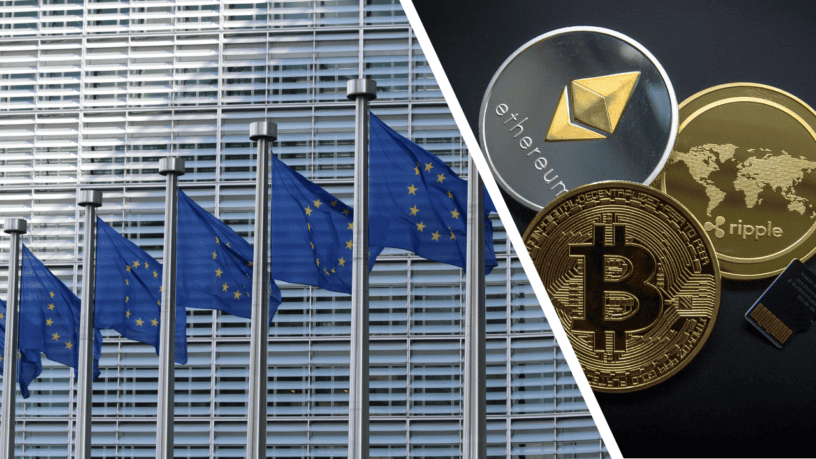Key Points
- The European Parliament has just approved a package of anti-money laundering laws that target various financial services, including crypto.
- In order to become law, the EU Council needs to formally adopt the package.
The European Parliament has just approved a broad package of anti-money laundering laws that target financial services, including the ones that deal with cryptocurrencies.
Besides enhanced due diligence, the measures will also offer journalists and other interested entities free and direct access to beneficial ownership information in national registries.
The laws tighten money laundering and terrorist financial measures across the European Union. The new laws target cash payments, crypto firms, football clubs, and more.
In their official notes, EP states that it will limit cash payments up to EUR 10,000, and the due diligence rules will apply to football clubs and agents from 2029.
Strengthening EU’s toolkit to fight money laundering and terrorist financing
According to the official notes, the new laws ensure that people who have a legitimate interest, including “journalists, media professionals, civil society organizations, competent authorities, and supervisory bodies,” will have immediate, unfiltered, direct, and free access to beneficial ownership data held in national registries and interconnected at EU level.
Besides current information, the registries will also include data going back at least five years. The laws also give Financial Intelligence Units (FIUs) more powers to analyze and detect money laundering and terrorist financing cases and suspend suspicious transactions.
According to the official notes, the new laws include enhanced due diligence measures and checks on customers’ IDs, after which so-called obliged entities such as banks, crypto assets managers, or real and virtual estate agents have to report suspicious activities to competent authorities.
Also, starting in 2029, top-tier professional football clubs that are involved in high-value financial transactions with investors and sponsors, including advertisers and the players’ transfers, will have to verify customer ID, monitor transactions, and report suspicious activity.
The legislation also contains enhanced vigilance provisions regarding “ultra-rich” individuals with a total wealth worth at least EUR 50 million, excluding the main residence, an EU-wide limit of EUR 10,000 on cash payments, except between private individuals in a non-professional context.
There will also be measures to ensure compliance with targeted financial sanctions and avoid sanctions being circumvented.
The notes continue and state that to supervise the new rules regarding the combatting of money-laundering, a new authority called the Authority for Anti-Money Laundering and Countering the Financing of Terrorism (AMLA) – will be established in Frankfurt.
Also, AMLA will directly supervise the riskiest financial entities, and it will intervene in case of supervisory failures, acting as a central hub for supervisors and mediating disputes between them.
AMLA will also supervise the implementation of targeted financial sanctions.
The European Parliament’s move comes as the US is also making various moves in this direction. Earlier, we reported that the FBI has just issued a Public Service Announcement warning Americans not to use crypto services that do not ask for KYC info.
The move raised concerns in the crypto industry, with important voices addressing the significance of privacy, a fundamental right of people that is about to be eliminated.
Back in March, we addressed suppositions regarding an “EU ban” on anonymous wallets that were debunked by citing exact and accurate information from the EU Anti-Money Laundering Regulations.
